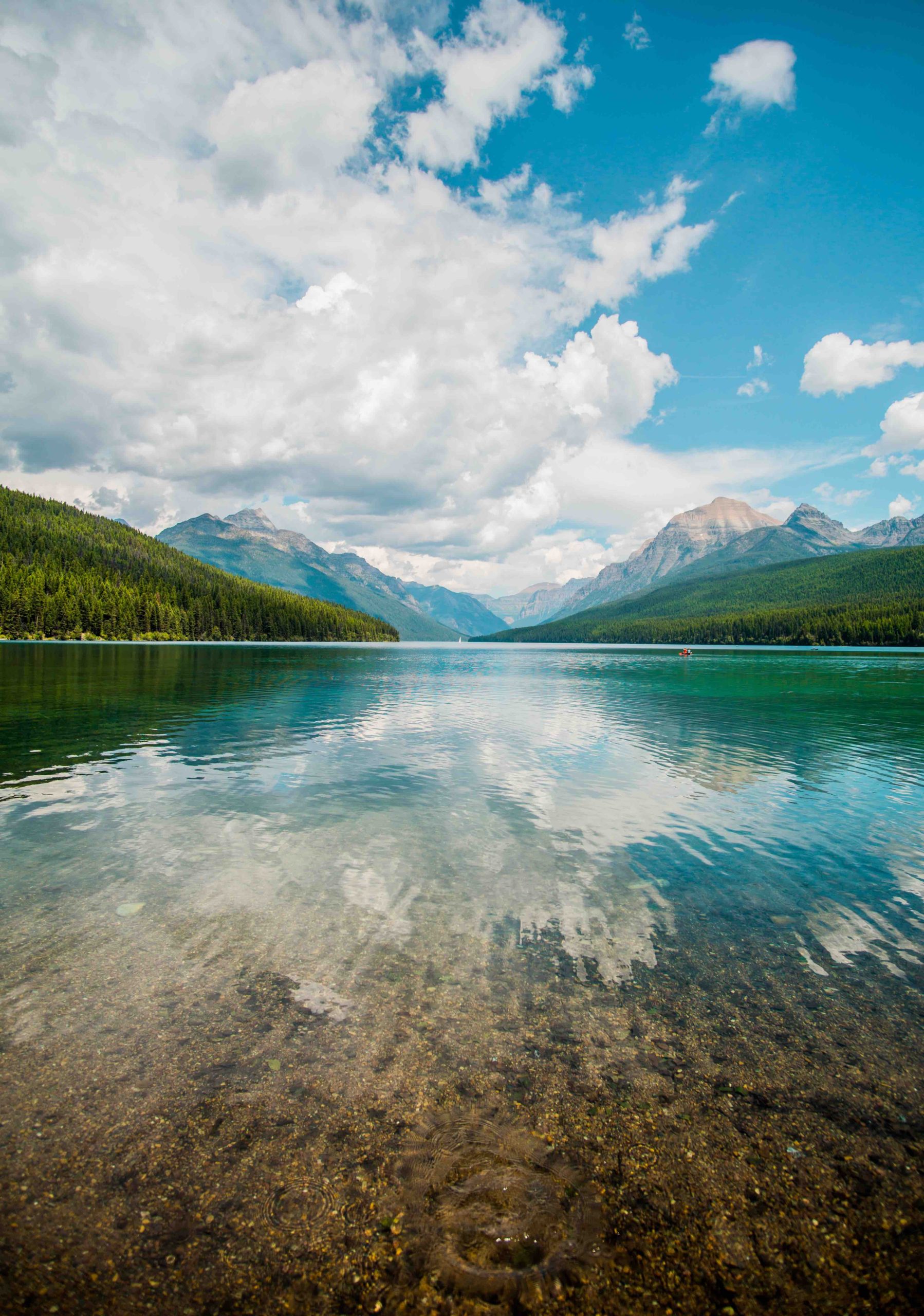
When a tragedy occurs on a lake like the duck boat accident that happened on Table Rock Lake in Missouri just last year, we are reminded of how cautious we need to be on waterways. Federal laws and regulations control navigable waters, but do those same laws apply to lakes and rivers?
Often when we think of maritime law, we think of activities that take place on international waterways and on cargo and cruise ships. However, the key word in maritime law is ‘navigable.’ Navigable waters are those that allow for the transportation of people and goods and accommodate commercial transactions.
What Makes Water Navigable?
In Kaiser Aetna vs. the United States, it was decided by the Supreme Court that a waterway will be considered navigable if it is subjected to the ebb and flow of the tide, connects to international or continuous interstate waterways, or has navigable capacity. The Great Lakes, for example, are navigable because they cross the United States and Canadian borders and have the ability to support trade.
Lake Distinctions
When considering maritime law and lakes, the biggest thing to consider is whether or not the lake can support trade, meaning foreign or interstate commerce. For most lakes, this means they must cross a border either between states or another country. Foreign trade is any trade outside of the United States.
River Distinctions
Rivers are similar to lakes in that they fall under maritime law if they support foreign or interstate trade. Since many rivers run into a body of water that is considered to be a lake, they often fall under the same distinction as lakes. However, there is a bit more leeway with rivers within maritime law. In some situations, rivers may fall under maritime law even if they do not cross a country or state border. If they are even connected to a body of water that crosses one of these borders, but do not cross the border themselves, they may still be considered navigable waters. This is a bit of a grey area when it comes to maritime law.
Determining Jurisdiction
When an incident occurs, it can be hard to determine if resulting legal concerns will be heard by state or federal courts, or even both. Laws that govern navigable waters are drastically different than those that cover accidents that occur on land. For example, if a maritime accident is being heard in federal court, there is no right to a jury trial. Cases that involve product liability, personal injury, and cargo damage can be heard in state or federal court. Cases that involve property disputes are heard in federal court. The jurisdictional lines are not always clear-cut.
Contact an Experienced Maritime Law Attorney
If you have suffered an injury on the water, it can be exceptionally confusing if it took place on a lake or a river. What laws apply? Where will the case be heard? The thing you need to immediately focus on is finding the right attorney to help answer these questions. The attorneys at Kolodny Law Firm are experts in maritime law and can help you navigate the intricacies of a maritime personal injury. Contact us today to schedule a consultation.

